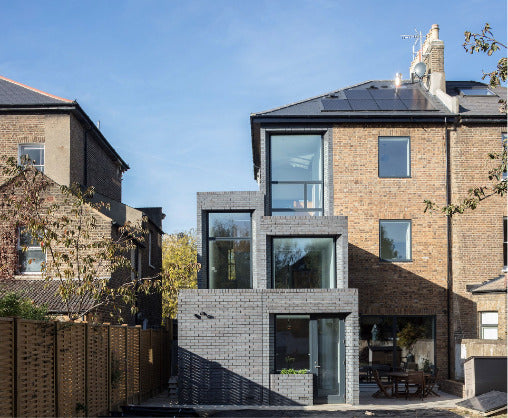Running a holiday let can be a great way of generating an extra income. But did you know, in some cases you need to apply for Planning permission from your Local Planning Authority in order to change the use of your property? Using popular approaches like Airbnb and cottages.com doesn’t excuse you from meeting planning requirements, so make sure you understand whether you need to apply for planning permission before you hit any potential problems.
What is considered a holiday let?

There are many different types of holiday lets or holiday accommodation and each comes with different planning rules depending on what it is, where it is and how you intend to operate it. Here are just a few examples:
- A second home you let on a full time or a part time basis.
- Your main residence, let in whole, on an ad hoc basis.
- An annex to your main residence let on a full time or a part time basis.
There are also a number of different non-permanent structures that can be provided as holiday accommodation such as:
- Tents and caravans on a camping/caravan site.
- Tipis, yurts and shepherd’s herds on a glamping site.
Camping and glamping sites may include a variety of facilities such as toilets, showers, electricity hook ups, BBQ stations and outdoor cooking areas or they may provide a much more simple approach with little more than a green field to pitch in.
Can you Airbnb without planning permission?
In short, it very much depends on your individual circumstances. Here’s why…
It’s really important to note that there is some different terminology in planning terms that can affect the operation of your accommodation. Firstly, the term ‘holiday accommodation’ refers only to accommodation to be used by people on holiday – either long or short term. Secondly, there is the term ‘tourist accommodation’ which is for accommodation that can be used by for both leisure and business purposes. Tourist accommodation would allow provision for Monday to Friday business travellers as well as holiday goers.
When it comes to completing a planning application for your proposed accommodation, make sure you use the correct term for how you intend to operate the site or property. Applying for ‘tourist accommodation’ will give you access to a broader range of occupiers and provide more flexibility when running your business.
Another consideration is the location of your site and if it is rural or urban. There are planning policies at a national and a local level which govern what can and can’t be done.
Do I need planning permission for Airbnb?

Again, it very much depends on your individual circumstances. Here’s why…
Some urban areas such as cities and towns, have specific planning policies and/or ‘Article 4 Directions’ in place which trigger the need for planning permission for the creation of Airbnb type holiday lets. Some areas limit the number of planning permissions they grant for holiday accommodation in order to avoid any significant harm on the amenities of the local community.
Within rural areas, whilst sustainable tourism is generally supported if in keeping with the character of the countryside, some Local Planning Authorities (LPAs) do actively restrict tourist accommodation. Make sure you check out the planning policies that apply to your location and the type of accommodation you wish to offer.
As well as the location, how you operate your accommodation is another important factor to consider. Holiday accommodation can often create noise and disturbance for neighbours caused by increased comings and goings, increased waste generation and the need to accommodate additional car parking. Think about how you would address these potential issues and what can be done to limit any negative impact on the neighbours. Where planning permission is needed, you are more likely to gain approval if you have addressed the concerns that neighbours are likely to raise.
Conclusion
The Planning Genie Masterclass on holiday accommodation covers all the essential planning considerations you need to take into account when creating holiday accommodation. It also guides you through other planning policy matters such as the green belt and flooding, which you may also need to consider depending on the location and type of your accommodation. The masterclass will enable you to work out if planning permission is needed for your plans, and what you need to include in your planning application to give you the best chance of successfully gaining planning permission. If you have any questions, please don’t hesitate to get in touch.


